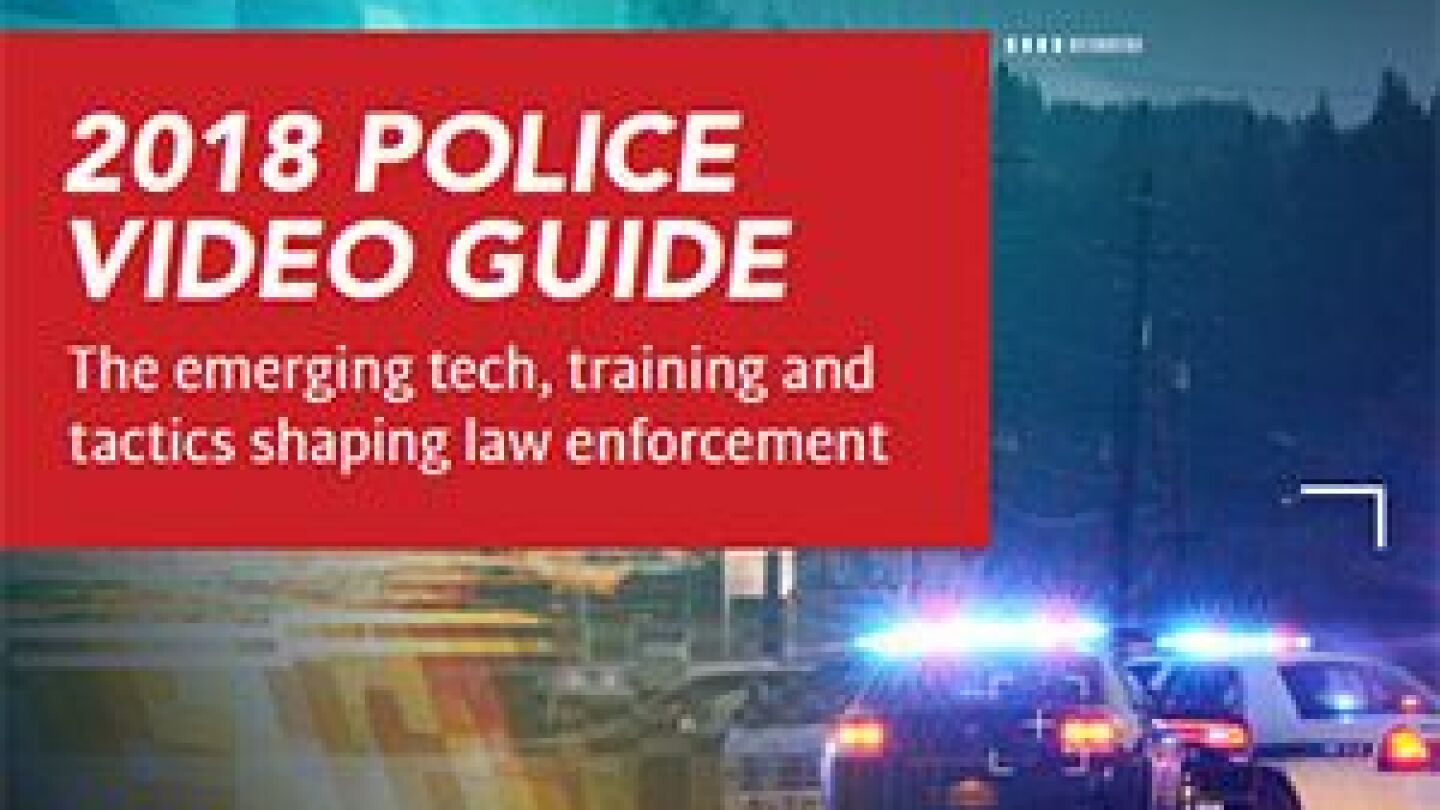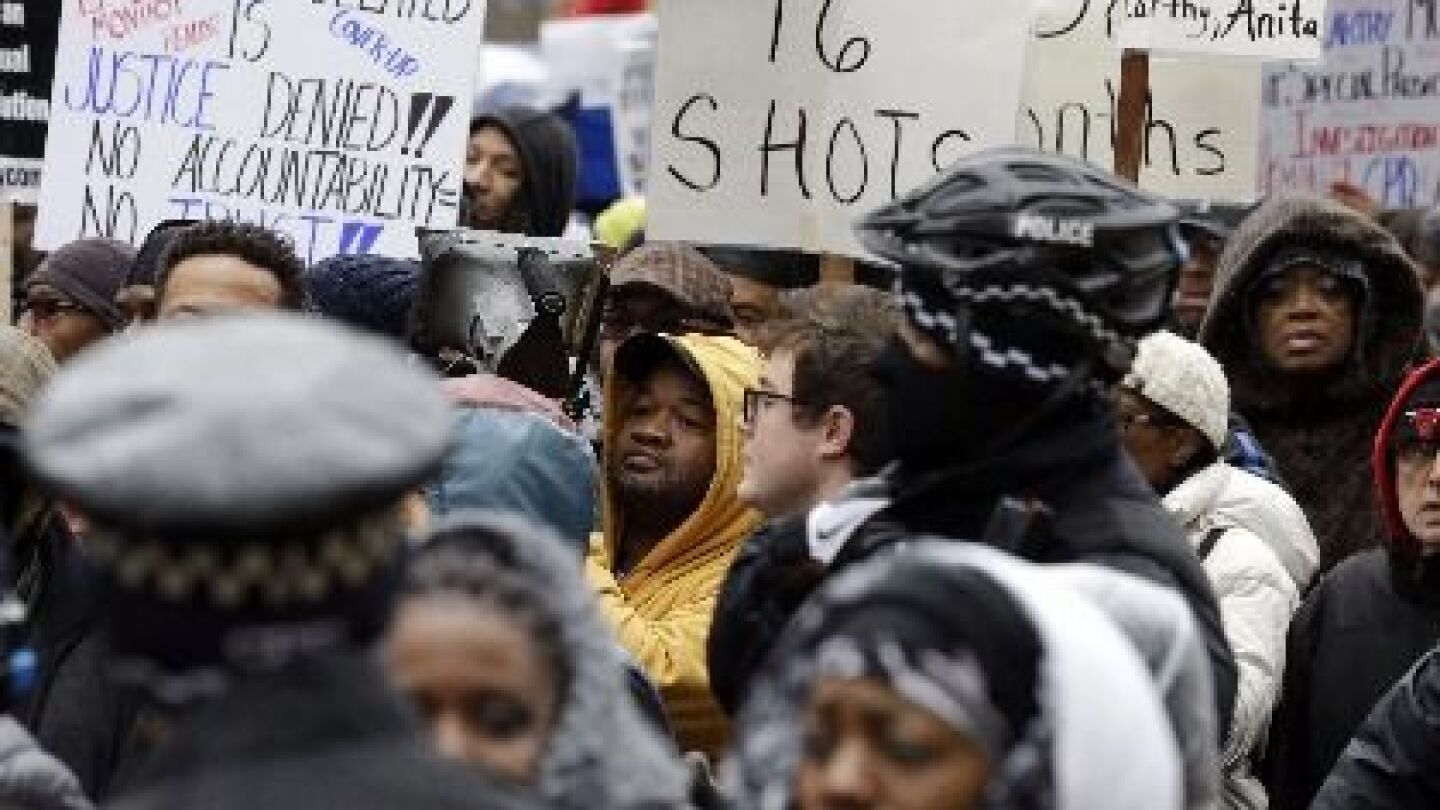Policing in the Video Age
This Police1 special editorial focus on video in law enforcement aims to address all facets of the topic with expanded analysis and reporting.
How video programs can strengthen community relations and elevate officer confidence
VR headsets are becoming increasingly affordable, and the technology’s evolution shows no signs of slowing down
If citizens willingly permit widespread use of FRT outside of law enforcement, you could argue they no longer have any reasonable expectation of facial privacy
In order for first responders to reap the full benefits of mobile video technologies, public safety must have access to a robust and reliable network
Using AI and facial recognition software for real-time crime reporting is the next logical progression in how police are already using existing technology
There may come a day when a central station will be able to activate a BWC by remote command and obtain a video stream when an officer is under duress
We explore training and tactics for best utilizing these tools and key considerations for procurement in this guide to the emerging video technologies shaping LE
It’s important to consider the level of training required to ensure successful use of the devices
The body-worn camera is a tool like any other an officer can deploy; proficiency in use requires a “train like you fight” approach
One of the most critical components of any policy is determining when an officer should activate the camera and audio
Policy for the release of footage isn’t necessarily one-size-fits all, but the public does expect to see it, and PDs need to craft their BWC policy accordingly
Video simulators can allow agencies to shoot video of hot spots in their jurisdictions in order to replicate conditions officers may actually face
New research involving body camera footage explores situational and dynamic factors associated with decision-making and efficacy of police training
Reveal Media builds on years of experience serving police worldwide with added features that support transparency, de-escalation and officer safety
We asked our audience to weigh in on topics like body-worn camera training and policy for the release of video to the public
James Emerson, Chair of the IACP Computer Crime and Digital Evidence Committee, offers tips on how PDs can handle vast volumes of digital evidence
Agencies must ensure that video evidence – particularly video that was not collected by the on-officer camera – has not been doctored or edited
The odds of data being corrupted, stolen and held ransom are greater than ever before, necessitating the protection of critical information
We connected with executives from four body camera vendors to discuss solutions to critical issues
There are many video redaction solutions available, and they vary widely in capabilities and ease of use
Learn how this system will help you successfully capture and manage the overwhelming deluge of video evidence your department is becoming more reliant on
We asked our audience to weigh in on topics like the use of body cams, crowdsourcing video evidence, and the future of video in policing
While the use of BWCs by police is still relatively new, there have already been a number of legal cases tied to complex issues surrounding the tech
Videos shot by civilians can be a critical part of your investigation
These systems allow tactical teams to collect vital intelligence through onboard video and audio systems
Crowdsourcing video and other digital media for evidence in investigations has played a key role in solving cases
When talking about the tech, people get hung up on what the ceiling for a unit might be, but in reality, it’s the floor that matters
I spoke with Jaime Carlin of WatchGuard video to get a sense of what the future holds for this tech
Few forces are shaping law enforcement like video




























